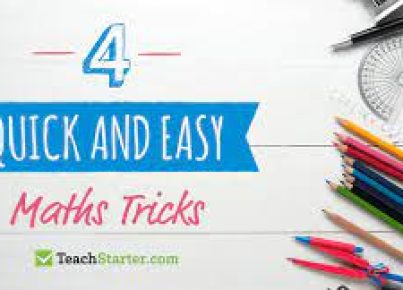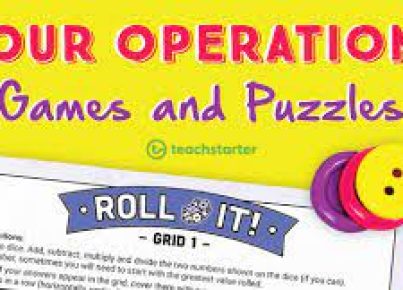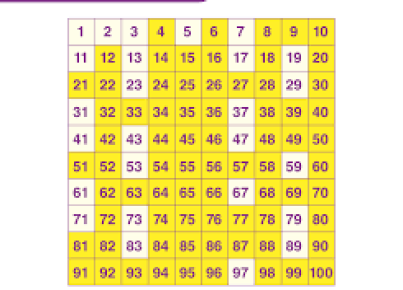In the world of elementary education, few concepts are as fundamental yet as challenging for students as understanding place value. It is the bedrock upon which their future mathematical learning is built, including operations like addition, subtraction, multiplication, and division. To help educators address this challenge, “Number Talks” is a pedagogical approach that emphasizes understanding and flexibility in mathematical thinking over rote memorization of algorithms. Within the framework of Number Talks, one effective tool that has gained popularity is Place Value Task Cards.
Place Value Task Cards are typically small cards that present students with short problems or questions centered around the concept of place value. These cards can be used in a variety of ways in the classroom to encourage active discussion and mental math strategies.
During a Number Talk session focused on place value, an educator might distribute these cards to each student or work through a card as a whole class activity. Students are encouraged to contemplate the problem individually at first and then discuss their reasoning and approaches with their peers. These discussions help to uncover different methods for solving the same problem while reinforcing the importance of understanding how numbers are constructed.
For example, a Place Value Task Card might ask students to find the value of the digit ‘5’ in the number 8,752. Students must recognize that the ‘5’ is in the tens place and thus represents 50. However, this simple question can lead to a complex discussion about why place value matters and how changing the position of digits can drastically alter a number’s meaning.
In addition to enhancing numerical fluency, Place Value Task Cards serve several educational purposes:
– They provide a context for guided practice, enabling students to apply their understanding in practical scenarios.
– They promote classroom dialogue around mathematical thinking, building students’ confidence in articulating their thought processes.
– They allow for differentiation as teachers can easily adjust the complexity of tasks to meet diverse learning needs within their classrooms.
– They empower students with problem-solving skills as they learn to tackle unfamiliar questions systematically.
Through consistent use of Place Value Task Cards in Number Talks sessions, students develop a more profound comprehension of numbers and a true sense of number sense that extends beyond traditional computation skills. This deepened sense allows them not only to perform better mathematically but also helps them form connections between math and real-world concepts.
In conclusion, as educators strive to nurture mathematically proficient learners equipped for both academic success and everyday life challenges, integrating tools like Place Value Task Cards into Number Talks represents an innovative and effective strategy. By doing so, they are setting up their students for success by laying down a strong mathematical foundation rooted in understanding rather than memorization.





